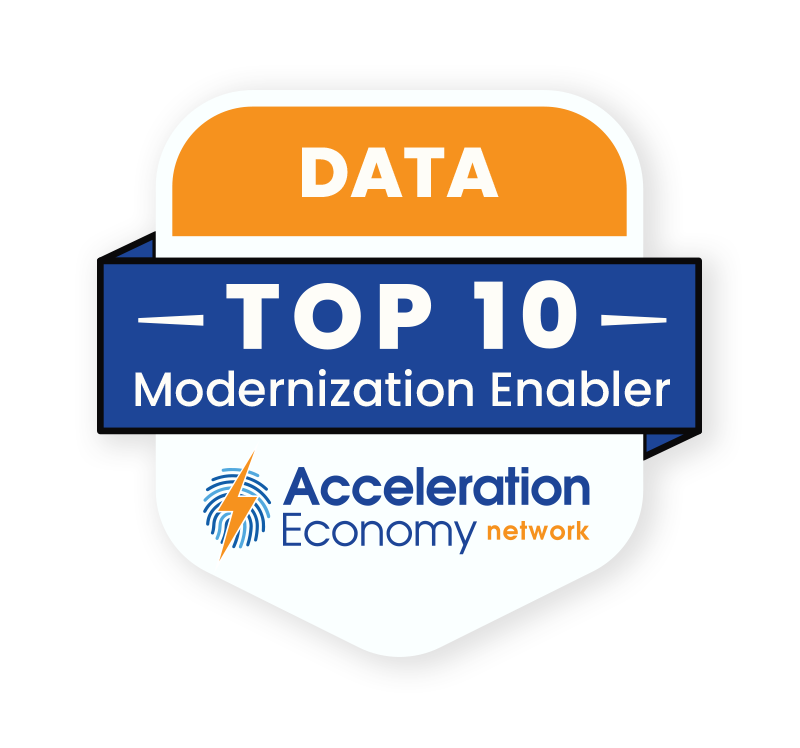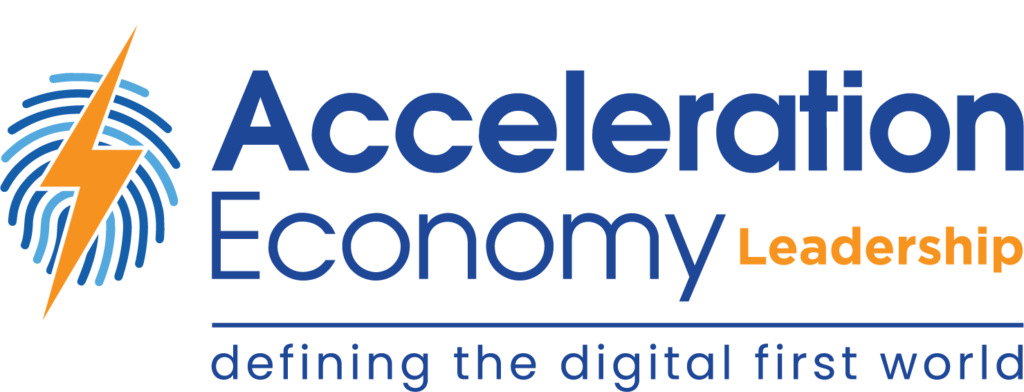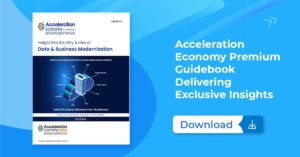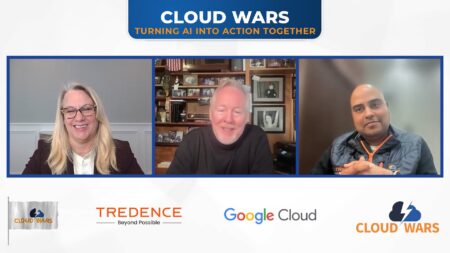This is part 1 in a two-part analysis on how ESG data can be used to support sustainability in healthcare. In part 2, tomorrow, we’ll address challenges and opportunities presented to the C-Suite through ESG initiatives.
The importance of environmental, social, and governance (ESG) data — carbon emissions, water usage, labor practices, and board diversity — in business sustainability is increasingly recognized, as it helps organizations identify areas for improvement, benchmark against industry standards, and communicate their commitment to responsible practices.
In the healthcare industry, sustainable practices are particularly vital due to the sector’s significant environmental footprint and the growing societal demand for equitable access to quality healthcare. By leveraging ESG data, healthcare providers can optimize resource use, minimize waste generation, enhance patient outcomes, and ensure the well-being of their workforce, ultimately contributing to a more sustainable and resilient healthcare system.
Reducing emissions is not only an environmentally responsible choice but can also lead to significant cost savings for hospitals. One easy-to-understand example of how cutting emissions can reduce the hospital operations budget is through energy-efficient lighting systems. Hospitals can reduce their energy usage and lower their utility bills by upgrading to energy-efficient lighting systems such as LEDs.
For instance, a hospital in Stockton, CA, recently upgraded its lighting systems to LEDs, reducing energy usage by more than 50%. This reduced energy usage translated into St. Joseph’s Medical Center reducing its annual energy consumption by more than 40%, for an annual energy savings of 1,987,801 kWh, or $481,832.
The Cloud’s Role in Driving Change With ESG
Cloud technology has revolutionized how we track ESG data in the healthcare industry. With cloud technology, healthcare organizations can store, analyze, and manage large amounts of ESG data securely and efficiently. This technology allows for real-time monitoring and analysis of ESG data, which is critical for healthcare organizations seeking to reduce their environmental impact and improve social outcomes.
An excellent example of cloud technology being used to track ESG data is the collaboration between Microsoft and Providence St. Joseph Health. Microsoft has created a cloud-based platform that helps Providence St. Joseph Health track its environmental impact, including carbon emissions, waste generation, and water usage. The platform uses advanced analytics to identify areas where the organization can improve its sustainability efforts, leading to significant cost savings and better social outcomes. This technology has helped Providence St. Joseph Health become a leader in sustainability efforts, earning recognition for its environmental performance.
Another example is Kaiser Permanente, which has made significant strides in its sustainability efforts. It has been recognized for its environmental performance through LEED certifications, energy-efficient buildings, and solar energy generation. Kaiser Permanente also tracks its greenhouse gas emissions, water usage, and waste generation through ESG data, leading to reduced waste and costs.

Which companies are the most important vendors in data? Check out the Acceleration Economy Data Modernization Top 10 Shortlist.
Leading ESG Applications
As the demand for effective ESG management grows, a diverse ecosystem of ESG vendors has emerged to meet these needs. This section will introduce prominent sustainability systems. These vendors offer a range of innovative tools and services to help organizations navigate the complexities of ESG data and drive positive change.
Oracle: Oracle Cloud ESG helps organizations manage and report their ESG performance. The software is designed to simplify ESG data collection, analysis, and reporting processes, enabling companies to track their sustainability initiatives, monitor progress, and meet regulatory requirements.
Oracle Cloud ESG provides a range of features, such as data integration, automated data validation, and analytics, to help organizations gain insights into their ESG performance. It also offers pre-built reporting templates to support various ESG disclosure frameworks, such as the Global Reporting Initiative (GRI) and the Sustainability Accounting Standards Board (SASB).
Microsoft: Microsoft Sustainability Cloud is a comprehensive ESG application designed to help organizations efficiently manage their sustainability data and drive meaningful change. This platform leverages Microsoft’s advanced cloud capabilities and integrates seamlessly with its suite of productivity tools, providing organizations with a unified system for ESG data collection, analysis, and reporting.
Enablon: Enablon is a comprehensive ESG management platform that offers sustainability, risk, and compliance management functions. It provides tools for data collection, analytics, and reporting to help organizations improve their ESG performance and meet regulatory requirements.
Sustainalytics: Sustainalytics is an ESG data and analytics provider that offers a cloud-based platform for organizations to access ESG ratings, research, and insights. The software enables companies to assess their sustainability performance, identify areas for improvement, and benchmark against industry peers.
Datamaran: Datamaran is a SaaS platform that uses artificial intelligence (AI) to monitor and analyze ESG risks and opportunities. It helps organizations identify emerging ESG trends, assess materiality, and integrate ESG factors into their strategic decision-making processes.
EcoVadis: EcoVadis offers a cloud-based platform for supply chain sustainability ratings, allowing organizations to assess and monitor their suppliers’ ESG performance. It provides comprehensive scorecards and benchmarks to help companies identify risks and drive improvements in their supply chains.
Emex EHS & ESG: Emex is ESG software that enables organizations to manage their environmental, health, safety, and sustainability data. It offers features such as incident tracking, risk assessments, and automated reporting to help companies improve their ESG performance and meet compliance requirements.
Salesforce: The Net Zero Cloud app recently added ESG reporting as well as carbon accounting functionality for complex organizations, as well as AI-driven visualizations for predictive analysis of supply chain activity. Salesforce’s sustainability functionality helps customers manage the full range of Scope 1 (direct), Scope 2 (indirect from purchases), and Scope 3 (indirect from value chain) emissions.
Final Thoughts
As we’ve explored the fascinating world of ESG applications, we’ve seen that the industry is as dynamic and diverse as the data it handles. From the giants of the tech world offering their own flavor of sustainability services to specialized vendors helping organizations become the paragon of green practices, there are a wide range of options available to help business leaders drive their sustainability initiatives forward.
Want more tech insights for the top execs? Visit the Leadership channel:








